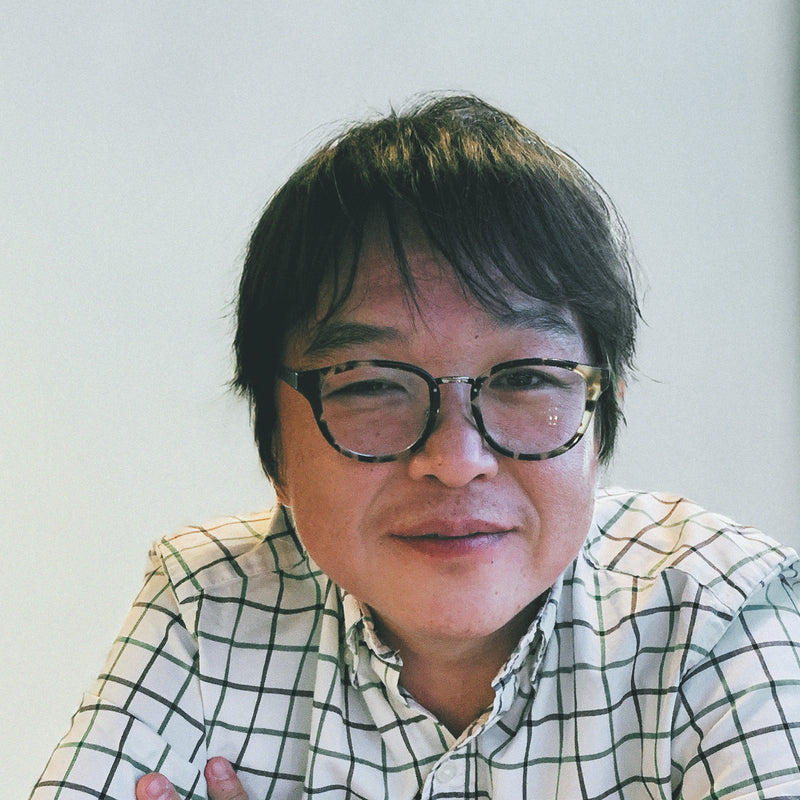Japan, known for its careful craftsmanship and rich traditions, is now making a big splash in the world of specialty coffee. While green tea has long been a staple, the country’s growing love for coffee is creating a vibrant new scene.
If you’re looking to find topics for argumentative essay, examining Japan’s rise in the coffee world might offer valuable insights into how cultural changes drive new trends.
A History Brewed in Tradition
While coffee's introduction to Japan dates back to the 17th century, it wasn't until the Meiji era (1868-1912) that the beverage truly gained popularity. As Japan opened its doors to Western influences, coffee shops began to spring up in major cities, offering a taste of the exotic to a curious public. However, it wasn't until the mid-20th century that coffee consumption really took off, fueled by economic growth and a rising middle class.
The Third Wave Hits Tokyo
The Japanese obsession with quality and perfection has played a significant role in the country's emergence as a global coffee powerhouse. In recent years, there has been a surge in the number of specialty coffee shops, each offering a unique and curated experience for discerning coffee lovers. From small, cozy cafes to stylish, third-wave roasteries, Japan's coffee scene is incredibly diverse and dynamic.
One of the defining characteristics of Japanese specialty coffee is the emphasis on precision and technique. Baristas are highly trained and skilled in a variety of brewing methods, including pour-over, espresso, and cold brew. They are meticulous about every aspect of the coffee-making process, from selecting the right beans to grinding them to the perfect consistency.
More Than Just a Brew: Japanese Coffee Culture
Beyond the quality of the coffee itself, Japanese coffee culture is characterized by a deep appreciation for the ritual and experience. Coffee shops often create a serene and inviting atmosphere, with minimalist decor and soft, natural light. Customers can enjoy their coffee in a relaxed and contemplative setting, taking the time to savor each sip.
The Japanese also have a unique approach to coffee pairing. Many cafes offer a carefully curated selection of food and beverages that complement the coffee's flavor profile. This attention to detail is indicative of the Japanese philosophy of omotenashi, which emphasizes hospitality and the desire to provide guests with an exceptional experience.
Innovation in the Cup
Japanese coffee roasters are constantly pushing the boundaries of their craft, experimenting with new roasting profiles and techniques. They are also exploring innovative brewing methods, such as the siphon brewing method and the Kyoto cold brew. These experiments have resulted in some truly remarkable coffees that are both delicious and visually stunning.
One of the most interesting trends in Japanese coffee is the growing popularity of single-origin coffees. These coffees are sourced from a specific region or farm, allowing customers to appreciate the unique flavors and characteristics of different growing environments. Additionally, Japanese coffee shops are increasingly experimenting with cold brew, a method that produces a smooth, concentrated coffee with a lower acidity.
A Global Impact
The Japanese coffee revolution has had a significant impact on the global coffee scene. Japanese roasters and baristas are highly respected and sought after around the world. Their expertise and passion have helped to elevate the standards of coffee quality and service in countries from Australia to the United States.
Coffee and Community: The Social Aspect of Japanese Coffee Culture
Beyond the quality of the coffee and the ritualistic experience, Japanese coffee culture also plays a vital role in fostering community and social connections. Coffee shops often serve as gathering places where people can come together to socialize, work, or simply relax. This sense of community is an integral part of the Japanese coffee experience.
The Future of Japanese Coffee
As Japan continues to evolve, so too will its coffee culture. One trend to watch is the increasing popularity of specialty coffee shops in smaller cities and towns. This decentralization of the coffee scene is likely to lead to a more diverse and vibrant coffee landscape.
Additionally, there is a growing interest in sustainable and ethical coffee sourcing in Japan. Many coffee shops are now committed to supporting fair trade and organic practices, ensuring that the coffee they serve is both delicious and socially responsible.
In conclusion, Japan's specialty coffee scene is a testament to the country's unique blend of tradition and innovation. The meticulous attention to detail, the emphasis on quality, and the deep appreciation for the ritual of coffee drinking have all contributed to the country's emergence as a global coffee powerhouse. As Japan continues to evolve, it is clear that its coffee culture will remain at the forefront of the specialty coffee movement.
Get Free Bonus Books

Sign up for free to the Coffee Club to get advice and exclusive articles about how to choose Japanese Coffee, and tips, tricks, and recipes for enjoying Japanese coffee.
About the author
Kei Nishida
Author, CEO Dream of Japan
Certification: PMP, BS in Computer Science
Education: Western Washington University
Kei Nishida is a passionate Japanese tea and coffee connoisseur, writer, and the founder and CEO of Japanese Coffee Co. and Japanese Green Tea Co., both part of Dream of Japan.
His journey began with a mission to introduce the world to the unparalleled quality of Japanese green tea. Through Japanese Green Tea Co., he established the only company that sources premium tea grown in nutrient-rich sugarcane soil—an innovation that led to multiple Global Tea Champion awards.
Building on this success and his passion for Japanese craftsmanship, Kei expanded into the world of coffee, pioneering the launch of Japanese Coffee Co., the first company to bring Sumiyaki charcoal-roasted coffee to a global audience. His dedication to authenticity and quality ensures that this traditional Japanese roasting method, once a well-kept secret, is now enjoyed worldwide.
Beyond tea and coffee, Kei has also introduced Japan’s legendary craftsmanship to the world through Japanese Knife Co., making handmade katana-style knives—crafted by a renowned katana maker—available outside Japan for the first time.
Kei’s journey continues as he seeks out and shares the hidden treasures of Japan, one cup and one blade at a time.
Learn more about Kei




